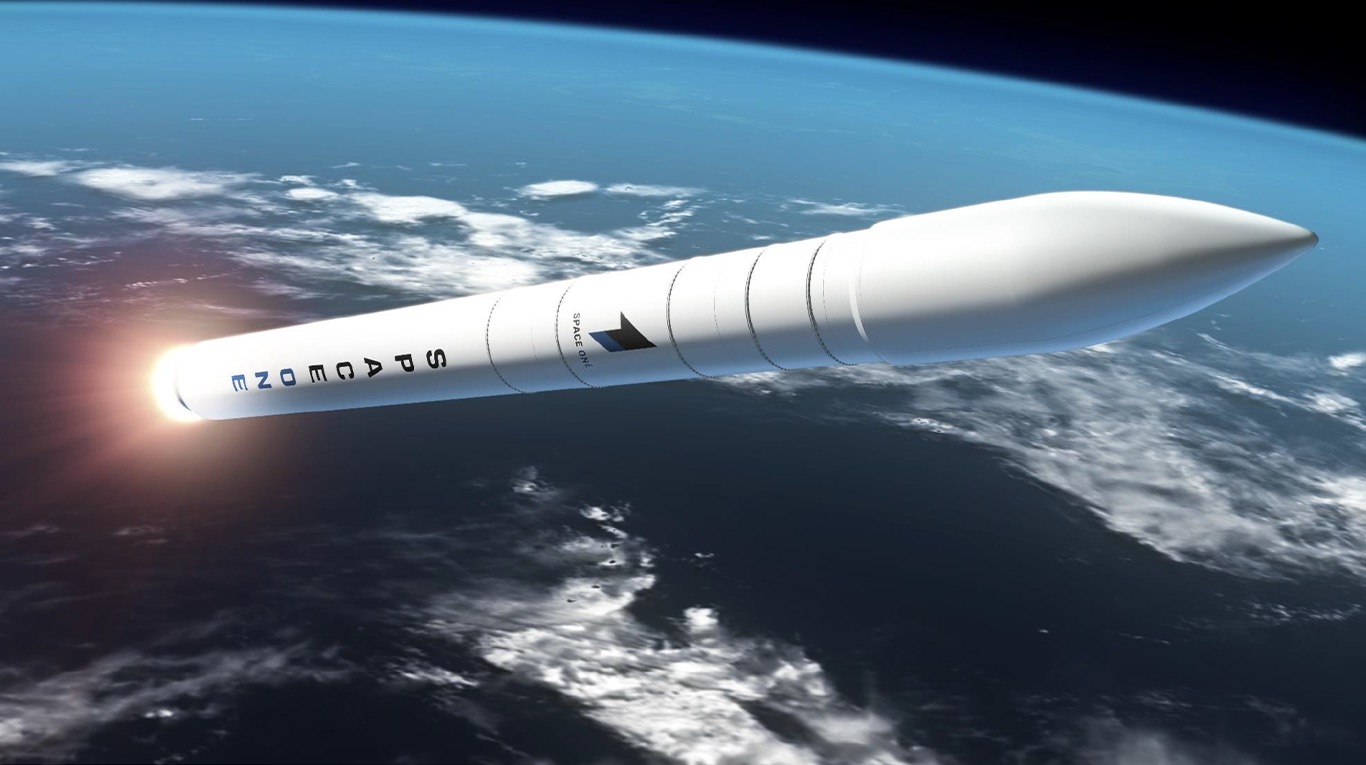|
Getting your Trinity Audio player ready...
|
Japanese start-up Space One aborted the launch of its debut rocket for the second time about three minutes after launch on Wednesday, and promised to make a further attempt to become the country’s first private company to deliver a satellite into space.
The Kairos No. 2 rocket self-destructed after reaching an altitude of more than 100 km and entering space, the company said.
Live images from the launch, which took place at Spaceport Kii in a mountainous coastal area of western Japan, in Wakayama prefecture, at 11:00 a.m. local time (0200 GMT), showed the 18-metre solid-propellant rocket spiralling during its ascent.
The rocket detected abnormalities in the first-stage engine nozzle control and its trajectory, triggering the self-destruct, said Space One director Mamoru Endo at a media conference.

‘Valuable data’
Kairos No. 2 was carrying five satellites, including one from the Taiwanese government and several from Japanese start-ups.
“We are very sorry that we could not achieve as far as a final stage of the mission,” said Space One president Masakazu Toyoda at the conference.
“We don’t consider this a failure because we are getting valuable data that will help our pursuit toward a next challenge.”
The Wednesday flight, which was postponed twice due to strong winds, followed a previous failed flight nine months ago when the rocket was intentionally destroyed five seconds after liftoff.
Kairos No. 1 was carrying a Japanese government satellite intended to monitor North Korean military activities.
Japan is trying to set up regular launches by private companies to provide an inexpensive way to launch satellites into space in competition with the US space industry.
Commercialisation
Space One was set up in 2018 by Canon Electronics, IHI, Shimizu and major banks to carry out as many as 20 launches per year, compared to six planned by the government’s space agency, Japan Aerospace Exploration Agency or JAXA.
In April Japanese space start-up ispace said it had lost contact with its Hakuto-R Mission 1 (M1) lunar lander after a failed attempt to become the first-ever private company to place a lander on the moon.
Ispace had attempted to soft-land the M1 lander after launching it aboard a SpaceX Falcon 9 rocket in December 2022 and placing it into orbit at an altitude of 100km over above the Moon in March 2023.





